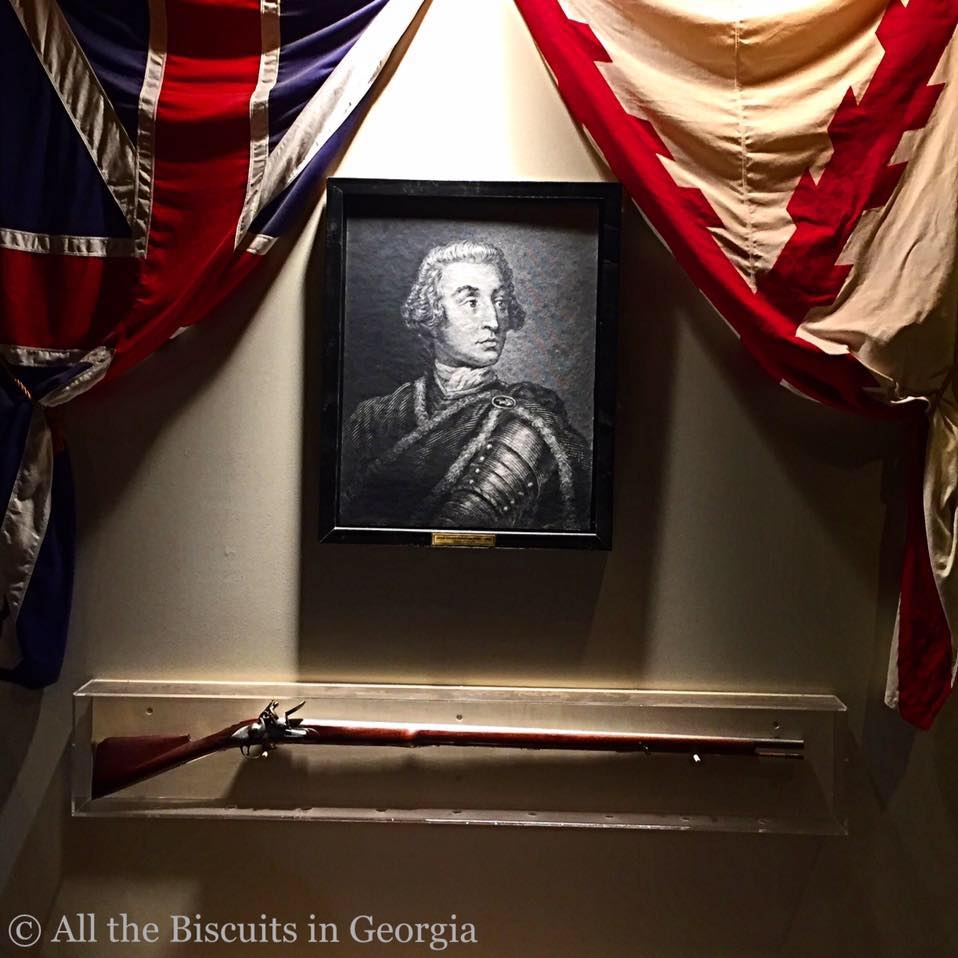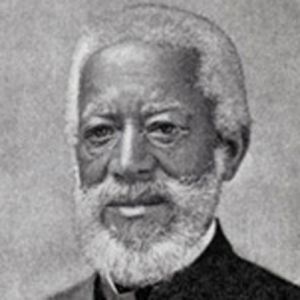I suppose we can not speak of the South without mentioning race. In regards to Blacks & Whites, The South is the most integrated area of the nation, to the surprise of many, they have always lived side by side here. Somethings that are thought to be black in other parts of the nation could be said to be general Southern things. Slavery, reconstruction, and Jim Crow obviously are points of contention among black and white southerners but in a cultural sense, they share many similarities.
How do you think the relationship between the two group will go in the future? Do you think the influence of liberal northerners and racists has severed any for unity that could be had beyond repair?
Sam: I see we have something else in common. Three of my grandparents grew up in the rural South while one grew up in rural New England. Of the three Southerners, one grew up in North Georgia, one in South Georgia and the Florida Panhandle, The third grew up on a far outside Iuka, Mississippi. This combination is much more diverse than non-Southerners would typically understand.
In my formative years, this combination had me growing up in North Georgia while spending a lot of time in the Central Florida area. Florida is not considered to be a Southern state by many. I’d suggest that these folks have probably been to Ft. Meyers or Miami and never been to a fish fry in Morriston or Sebring. They’ve probably never fished for warmouth on Orange Lake near Micanopy or seen live manatees from a jon boat in the St. John’s River. Trust me, parts of Florida are very Southern.
As far as home, I grew up in the Appalachian foothills of North Georgia. While my history is in the mountains, I feel at home anywhere in the Peach State or the rural areas of Florida. I attended college just over the line in Alabama. My blog, and all the media that accompanies it, is based mainly on the experiences in these states but also on my travels throughout the South.
Food is one of those most Southern of things. I think I was in college before I realized that there was something known as “black food”. So many of the items labeled “soul food” were commonplace on the tables of my mother and grandmothers. Any kind of beans or peas with a thick slice of cornbread. I’ve yet to meet a cut of pork that I did not like. Yes, the stereotypical BBQ. I don’t have a preference between Carolina, Georgia, Alabama, if it’s a pig and it’s been properly smoked, I’m going to eat it. I love fried chicken and any kind of greens. Obviously, I love biscuits and sausage gravy. And I think cheese grits are best served with fried fish and hush puppies. I remember several occasions thinking “That’s not ‘black food’ that’s my food!”
I’m glad you mentioned the blues. I think the music by people like Mississippi John Hurt, Blind Willie Johnson, Muddy Waters, and so many others, not only told the story of the South, it paved the way for today’s rock, rap, R&B, practically every modern form of popular music. Without the early Southern music, we’d have no popular music today.
One of the great blessings in my life has been my experiences growing up in an integrated town. My parents were in high school during desegregation. I heard so many stories of what they saw and endured in that tumultuous time.
While I grew up in a relatively small town, I attended city schools. I was a racial minority in high school. Our racial makeup was about 60% black, 40% white with just a few Asian and Hispanic students. We didn’t have friends from other races because it was trendy. You had friends from other races because you didn’t really now much different. If you were on a team or in a club, you were involved with students of a different race. We had class together, lunch together, practice together, meetings together, life together. That was just our reality. It was how we were all raised. Was it free of any and all animosity? No. But neither is reality.
I like to think that we have a bright future. I think the fact that you and I are having this fireside chat is indicative of what can be. Many would look at you and I and think us to be opposites, perhaps mortal enemies. But unlike the narratives the northern liberals and racists you mentioned would have us believe, you and I have far more in common than we have in opposition. The difference between you and I and so many in our nation today is that we have taken the time and effort to find our similarities and to let them bring us together rather than letting our differences drive us apart. If a majority of Southerners will do that, we’ll not only be the most integrated part of the country, we’ll also be the most united.
This chat has been great and I appreciate the invite. If there is anything else you’d like to ask, please feel free. I’d also be very open to having other chats in the future, should you wish to.
AF: Thank you for participating Mr. Burnham, I appreciate you.










